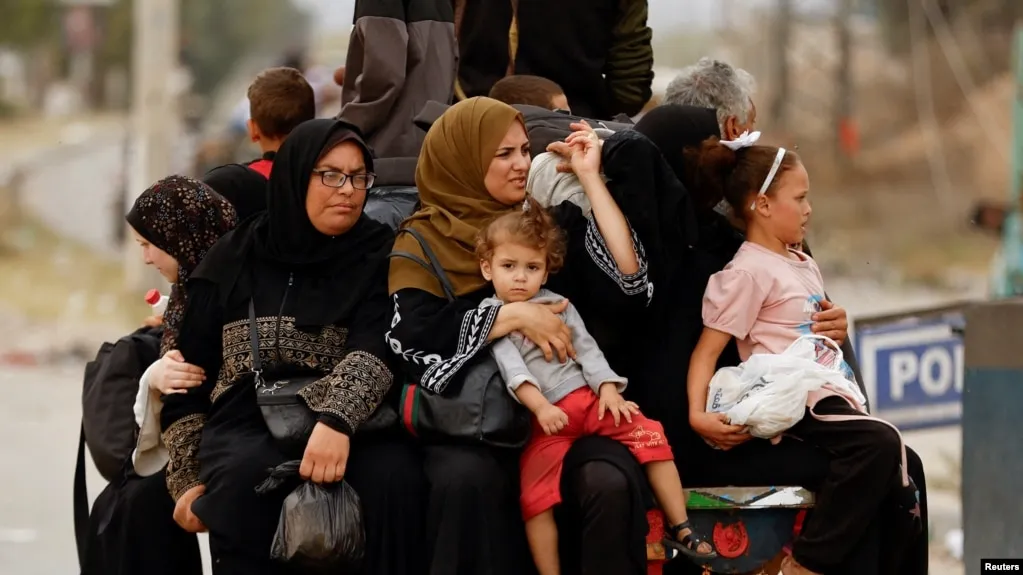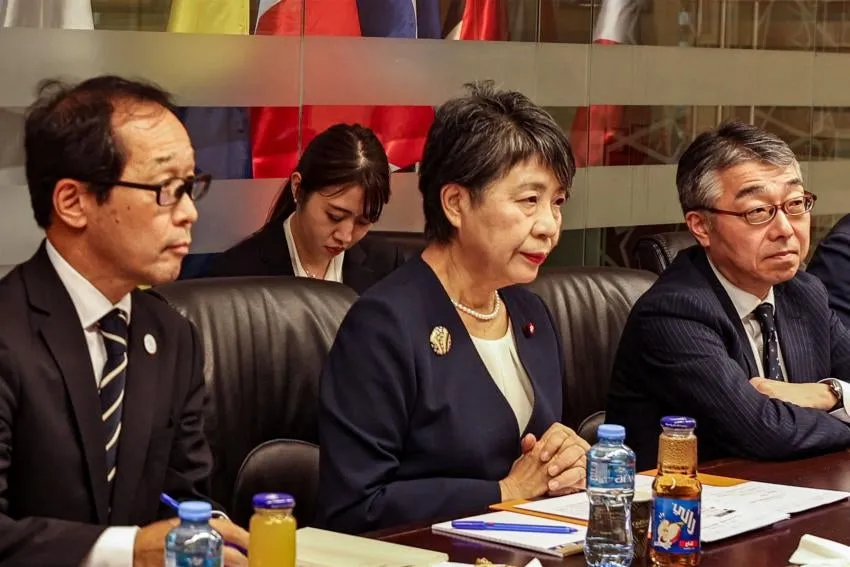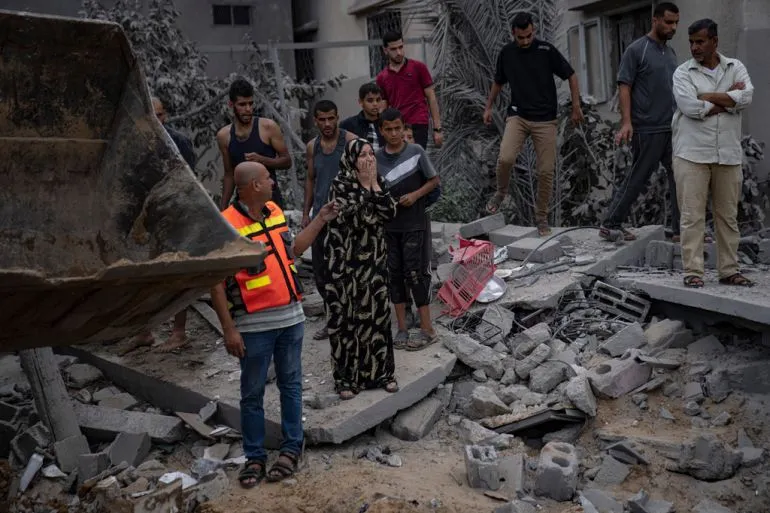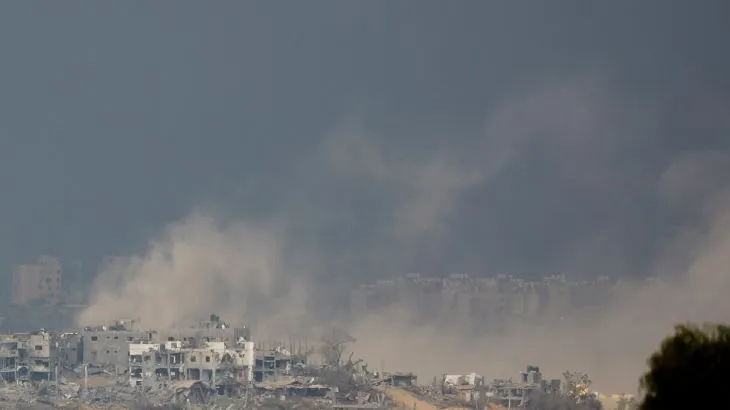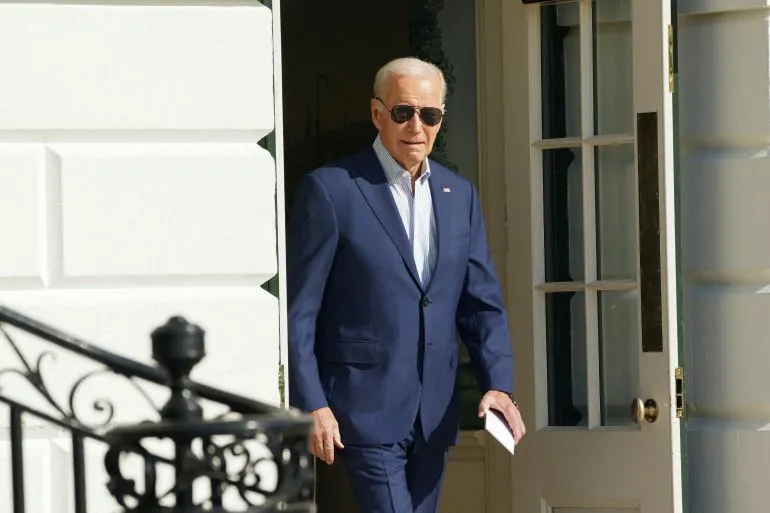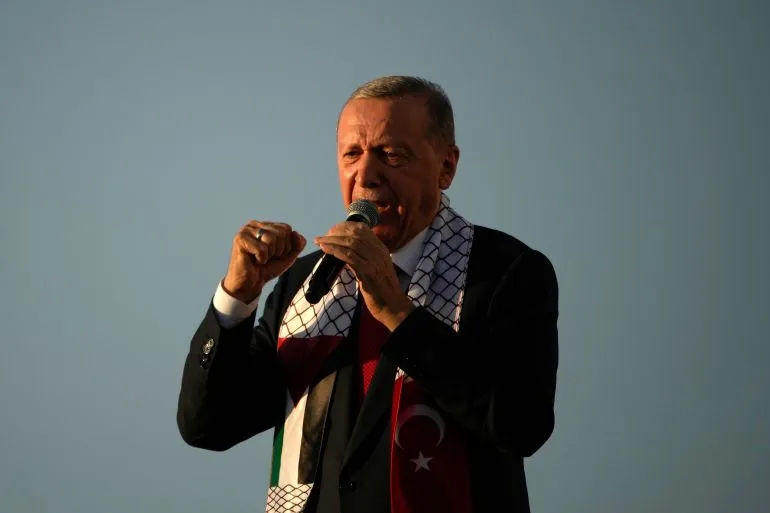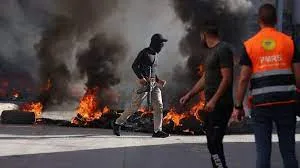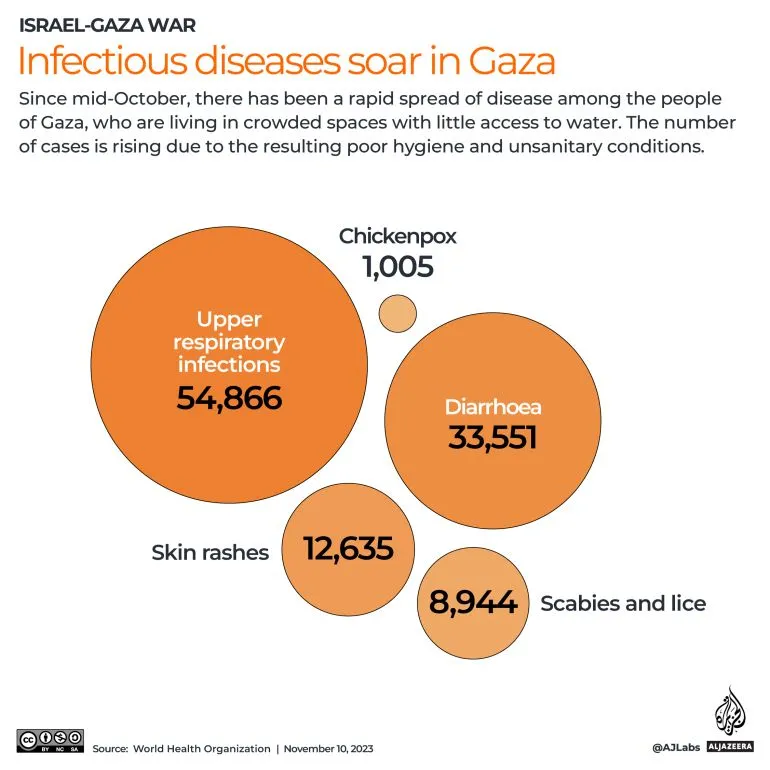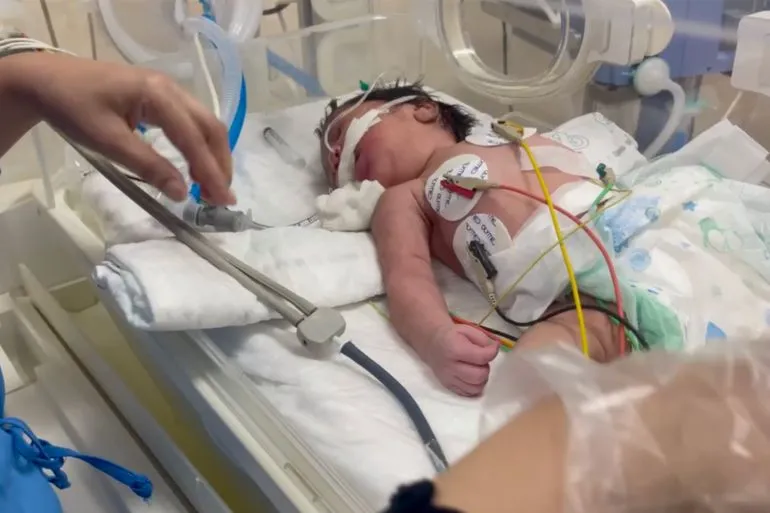Thousands of Palestinians Fleeing Last Northern Gaza Shelters
lters in northern Gaza even as Israel’s war against Hamas militants left the territory’s largest hospital all but inoperable. World Health Organization Director-General Tedros Adhanom Ghebreyesus said the Shifa medical center in Gaza “is not functioning as a hospital anymore” and the situation at Gaza’s largest hospital is “dire and perilous.” The WHO chief said, “The constant gunfire and bombings’” around the hospital have “exacerbated the already critical circumstances.” Al-Quds, another Gaza hospital, shut down Sunday because it ran out of fuel. The Palestinian Red Crescent, which operates the facility, said preparations are being made for Israeli forces to evacuate about 6,000 patients, medics and displaced people. Doctors running low on supplies at Shifa are reported to be performing surgery there on war-wounded patients, including children, without anesthesia. One medic shared a photo showing nine premature babies in a shared crib. Israel claims that Hamas, a U.S. designated terror group, is shielding itself among civilians at the hospital and has a command center in and beneath the medical compound. Israel has not provided photos or videos to back up its claims about Hamas militants at Shifa, although it has shared footage of militants operating in residential neighborhoods and positioning rockets and weapons near schools and mosques. Both Hamas and the hospital staff at Shifa deny the Israeli allegations. Israeli Prime Minister Benjamin Netanyahu said Sunday there’s no reason why patients at Gaza’s besieged Shifa hospital can’t be safely evacuated but contended that Hamas militants are “doing everything to keep them in harm’s way.” SEE ALSO: Netanyahu: Hamas Blocking Safe Removal of Patients From Gaza Hospital The Israeli leader told CNN’s “State of the Union” show that 100 patients had been taken out of the hospital and that tens of thousands of Palestinians living in the immediate environs had moved safely out of the area along safe corridors heading south out of Gaza City. But Israel-Hamas fighting continued near the hospital and the hospital’s director, Mohammad Abu Salmiya, said the facility was surrounded by the conflict. White House national security adviser Jake Sullivan told CBS News’ “Face the Nation” program that the United States “does not want to see firefights in hospitals where innocent people, patients receiving medical care, are caught in the crossfire and we’ve had active consultations with the Israeli Defense Forces on this.” Some treatment of patients at the hospital has been suspended because of its diminished fuel supply, with two babies dying as a result and dozens more patients left at risk. Netanyahu, without providing details, said Israel “just offered Shifa hospital the fuel,” but that “they refused it.” Meanwhile, Sullivan told U.S. news talk shows that the U.S. is “actively engaged” with Israeli, Qatari and Egyptian officials to free nearly 240 hostages held by Hamas in Gaza, including nine Americans and a foreign national with U.S. employment rights. Sullivan said President Joe Biden is “not going to rest until we achieve that deal so that every single one of those hostages can come home safely.” SEE ALSO: Blinken: ‘Much More Needs to Be Done’ to Protect Palestinian Civilians Republican presidential hopeful Chris Christie was in Israel over the weekend. Christie is quoted as saying he will tell America “exactly” what he says he has seen there in a foreign policy speech he is scheduled to deliver Wednesday, he told CNN. The White House said Biden spoke Sunday with Qatari Prime Minister Mohammed bin Abdulrahman al-Thani about the war in Gaza, including about efforts to free the hostages. Netanyahu told CNN, “We’re doing everything we can … and many things I can’t say” to free the hostages. The Israeli leader continued to reject the U.S. proposal to have the Palestinian Authority run Gaza and the West Bank territory once the war ends. SEE ALSO: Netanyahu Rules Out Palestinian Authority Governing Gaza After War Netanyahu said control must be “a reconstructed civilian authority” because the Palestinian Authority “is not willing to fight Hamas” and “they teach their children to hate Israel.” Netanyahu again declined to discuss blame for Israel’s failure to have knowledge of the shock Oct. 7 Hamas attack on the Jewish state, which killed about 1,200 people inside Israel. “There will be enough time [for such a discussion] after the war,” Netanyahu said. Amos Yadlin, a former head of Israeli military intelligence, told broadcaster Channel 12 that taking control of hospitals in Gaza would be key to Israel’s goal of rooting out Hamas. But it would require “a lot of tactical creativity” to do so without hurting patients, other civilians and Israeli hostages. Israeli army officials accuse Hamas of hiding weapons in tunnels under hospitals and setting up a command center beneath Shifa and other hospitals, making the buildings legitimate military targets. The Israel Defense Forces denied firing on Shifa Friday and accused Hamas of firing a rocket aimed at Israeli troops that hit the hospital instead. The Palestinian death toll has steadily grown to more than 11,000, about 40% of them children, according to Palestinian officials. Israel says 1,200 people were killed in Israel on October 7, the day of the shock Hamas attack. The World Health Organization chief says a child dies every 10 minutes. “The situation on the ground is impossible to describe,” Tedros said Friday. “Hospital corridors crammed with the injured, the sick, the dying; morgues overflowing; surgery without anesthesia; tens of thousands of displaced people sheltering at hospitals; families crammed into overcrowded schools, desperate for food and water.” “If there is a hell on Earth today,” said Jens Laerke, U.N. humanitarian spokesperson, “Its name is northern Gaza.” Some information for this article was provided by The Associated Press, Reuters and Agence France-Presse.
Thousands of Palestinians Fleeing Last Northern Gaza Shelters Read More »

